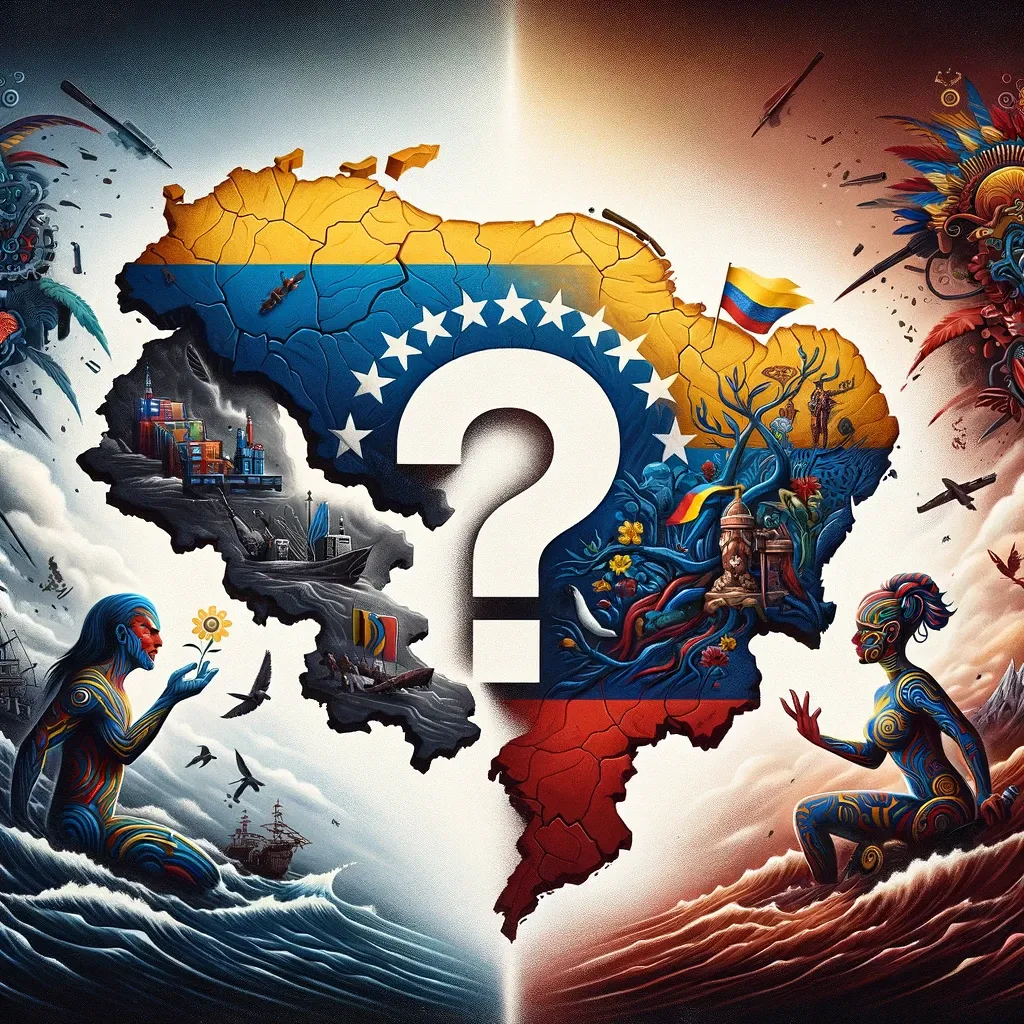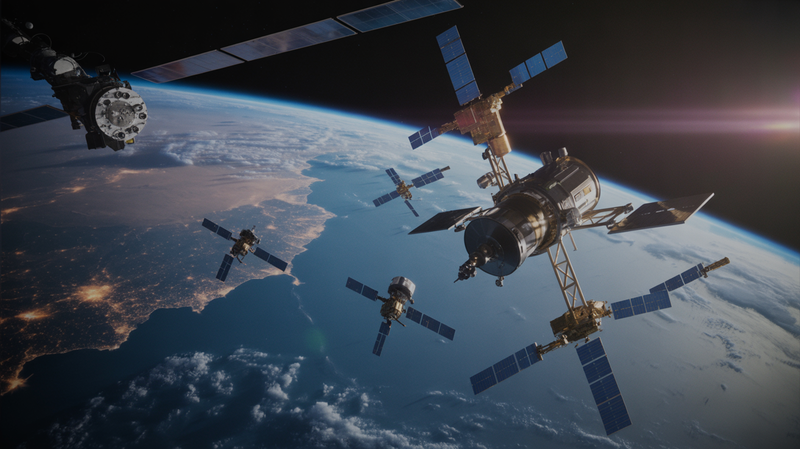The Escalating Border Dispute Between Venezuela and Guyana: A Deep Dive into the Geopolitical Tensions
In recent times, the long-standing border dispute between Venezuela and Guyana has escalated, gaining international attention. This conflict, rooted in historical claims and exacerbated by the potential wealth of natural resources, particularly oil, has seen a new surge in tensions. Historical Context: The origin of the dispute dates back to

In recent times, the long-standing border dispute between Venezuela and Guyana has escalated, gaining international attention. This conflict, rooted in historical claims and exacerbated by the potential wealth of natural resources, particularly oil, has seen a new surge in tensions.
Historical Context:
The origin of the dispute dates back to the colonial era when Venezuela and Guyana were Spanish and British colonies, respectively. The heart of the conflict lies in the Essequibo region, a territory rich in resources. In 1899, an arbitration in Paris established the current border, which Venezuela initially accepted but later disputed in the 1960s, claiming historical rights to the region.
Recent Developments:
The situation intensified recently when Venezuelan President Nicolás Maduro encouraged a referendum regarding the disputed territory. Political analysts view this as a strategic move ahead of the 2024 presidential elections. The referendum, lacking a significant 'no' campaign, is expected to sway in favor of Venezuela's claim, deepening the dispute.
International Response:
The International Court of Justice (ICJ) has urged Venezuela to refrain from actions altering the situation, highlighting the seriousness of the conflict. Meanwhile, neighboring countries, especially Brazil, have expressed concern, with Brazil intensifying its military presence in the region.
Geopolitical Implications:
The dispute's escalation is not just a regional concern but also a matter of international geopolitics. The involvement of global powers, particularly due to the region's oil reserves, adds complexity to the situation. The conflict also tests the effectiveness of international legal mechanisms in resolving territorial disputes.
Conclusion:
As the situation unfolds, the international community watches closely. The resolution of this dispute is crucial, not just for the stability of the region but also for the precedent it sets in international territorial conflicts. The coming months are critical, as they will determine the trajectory of this long-standing dispute and its impact on regional geopolitics.




